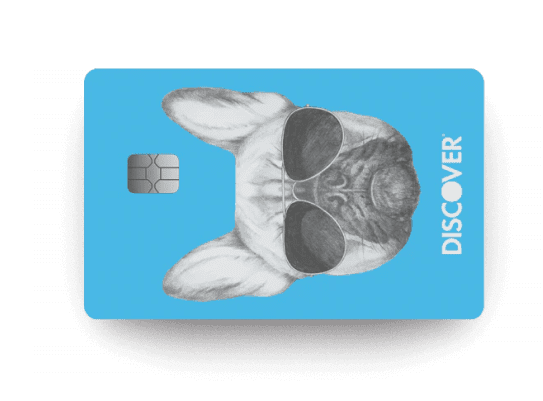What will you do after college? Will you rent an apartment? Buy a house? Get a car loan?
Many of the things you dream of after graduation may benefit from you having good credit. You may be able to get lower interest rates and better terms on a car loan, new credit cards, or other financial products if you have good credit instead of no credit history or poor credit. Good credit could even affect your utility bills or phone plan.
Understanding the benefits of good credit in your post-college life may help you prioritize responsible use of credit while you’re still in school—and set you up for success.







